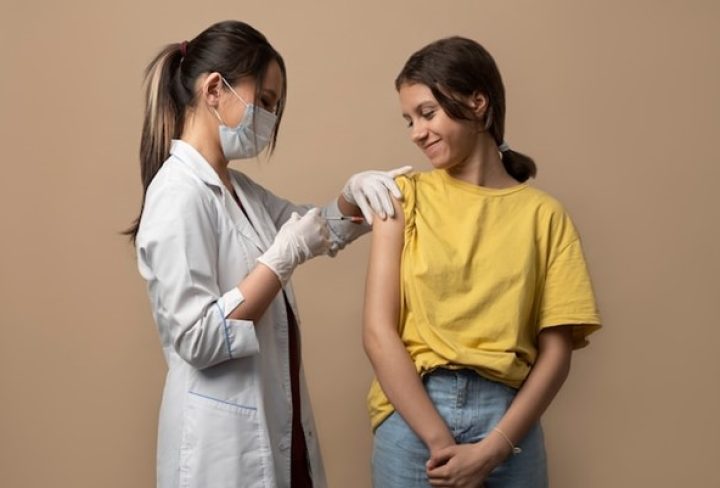Introduction
Human Papillomavirus (HPV) is a group of viruses that are extremely common worldwide. HPV infection can lead to various health problems, including genital warts and cancers of the cervix, anus, oropharynx (middle throat), and other areas. The HPV vaccine is a preventive measure designed to protect individuals from the most dangerous strains of this virus. This guide aims to provide comprehensive information about the HPV vaccine, its importance, administration, and benefits.
What is HPV?
HPV is a group of more than 200 related viruses. Some types can cause warts (verrucae) on different parts of the body, while others can lead to cancers, particularly cervical cancer in women. HPV is spread through intimate skin-to-skin contact, which includes vaginal, anal, and oral sex.
Importance of the HPV Vaccine
The HPV vaccine is crucial because it can prevent most cases of cervical cancer if given before a person is exposed to the virus. Additionally, it helps protect against other types of cancer and genital warts caused by HPV.
Types of HPV Vaccines
There are three HPV vaccines currently approved by health authorities:
1. Gardasil: Protects against HPV types 6, 11, 16, and 18.
2. Gardasil 9: Protects against HPV types 6, 11, 16, 18, 31, 33, 45, 52, and 58.
3. Cervarix: Protects against HPV types 16 and 18.
Who Should Get the HPV Vaccine?
• Age Recommendations: The vaccine is recommended for preteens (boys and girls) aged 11-12 years, but can be given as early as age 9. It is also recommended for everyone through age 26 years if they were not adequately vaccinated when younger.
• Catch-Up Vaccination: People aged 27 through 45 years may also be vaccinated based on a discussion with their healthcare provider if they were not vaccinated previously.
Dosage and Administration
• Dosage Schedule: The HPV vaccine is given as a series of shots. For those starting the series before their 15th birthday, two doses are required, spaced 6-12 months apart. For those starting at age 15 or older, three doses are needed over 6 months.
• Administration Sites: The vaccine is administered via injection into the upper arm or thigh.
Effectiveness of the HPV Vaccine
• Protection Rate: The HPV vaccine is highly effective in preventing infection with the types of HPV it covers. Studies have shown a significant reduction in HPV infections and related health issues in populations with high vaccination rates.
• Duration of Protection: Current data suggests that the vaccine provides long-lasting protection. Ongoing studies continue to monitor the duration of immunity.
Safety and Side Effects
• Common Side Effects: Most people experience no side effects. When side effects do occur, they are usually mild and include pain at the injection site, dizziness, fainting, nausea, and headache.
• Serious Side Effects: Serious side effects are rare but can include severe allergic reactions. Extensive safety monitoring has shown that the HPV vaccines are safe.
Misconceptions and Myths
• Myth: HPV vaccine encourages early sexual activity: Research shows no evidence that receiving the HPV vaccine leads to earlier or increased sexual activity.
• Myth: HPV vaccine is unsafe: Extensive studies and ongoing monitoring affirm the vaccine’s safety.
Conclusion
The HPV vaccine is a safe and effective way to protect against various types of cancer and genital warts caused by HPV. Vaccination at the recommended ages can provide long-lasting protection and significantly reduce the incidence of HPV-related health problems.
For further detailed information, consult reliable sources such as the Centers for Disease Control and Prevention (CDC) and the World Health Organization (WHO).
Stay informed and proactive in protecting your health and the health of your children.

